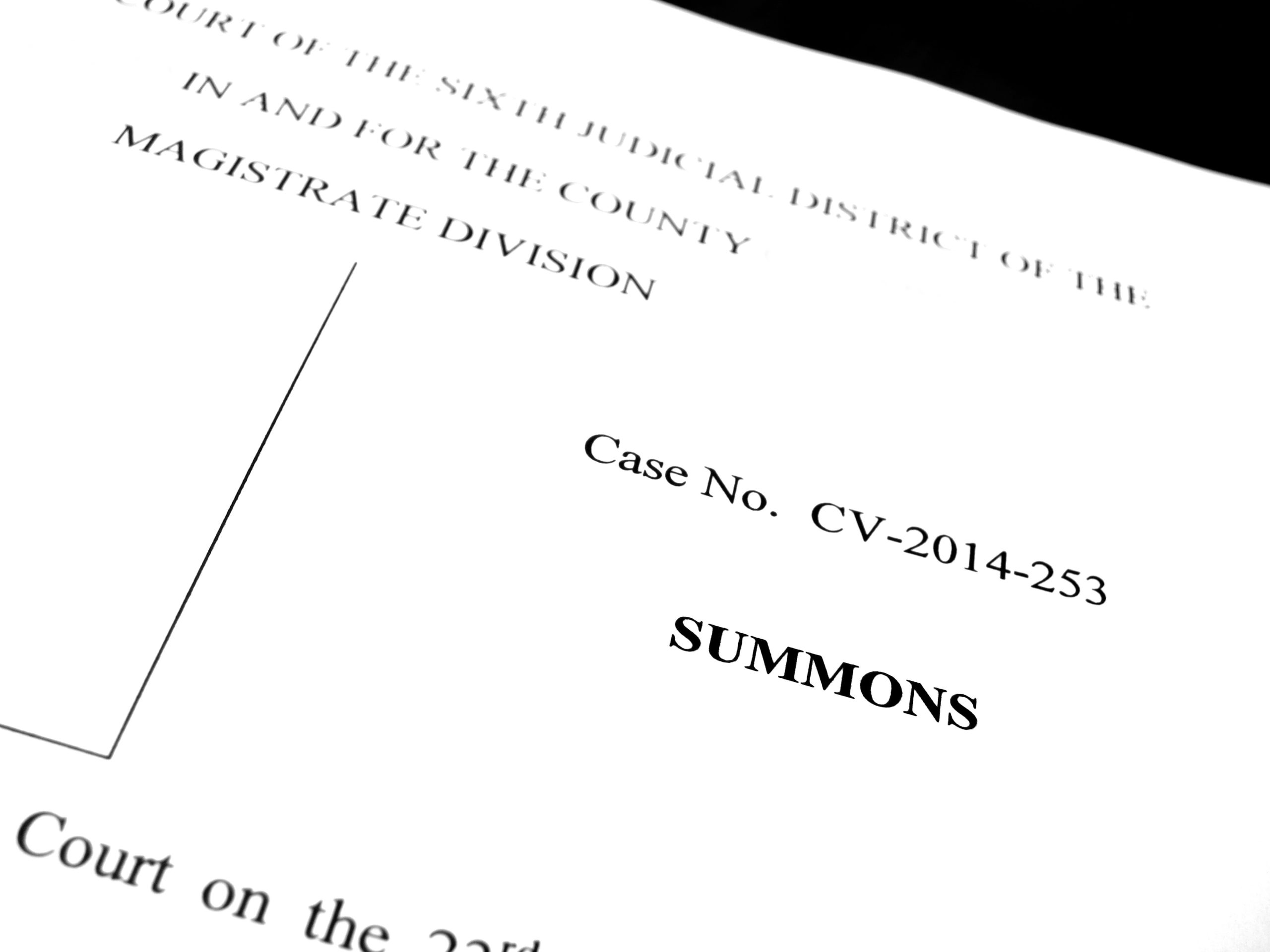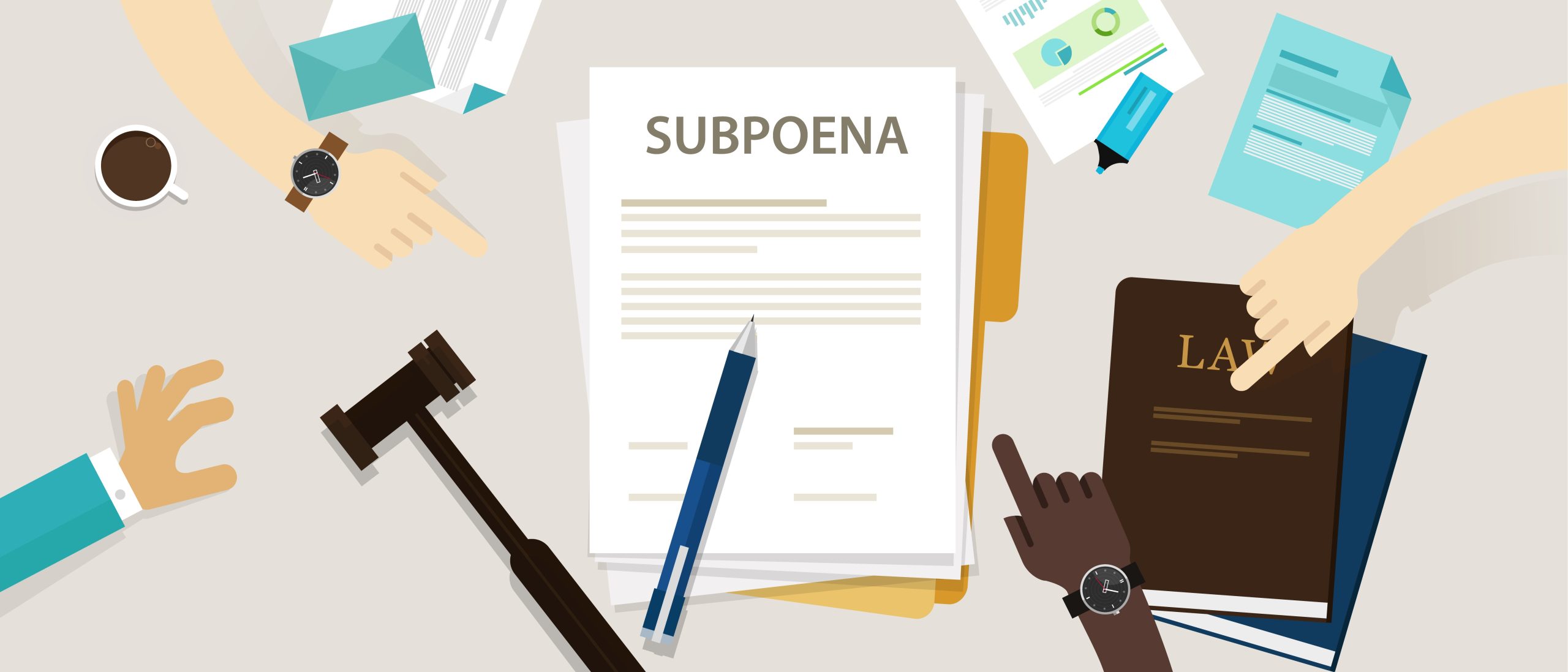How Do I Gather Evidence For My Personal Injury Case?
 Under New York law, victims carry the burden of proof in lawsuits. In other words, to hold the other party responsible for your damages, you must first prove that their negligence caused your injuries. This means that you will need to present evidence to support your claims. As a general rule, the more evidence your attorney has to support your claim, the better the result you can expect. However, collecting evidence can be overwhelming, especially if you need help knowing where to start. The first few hours and days after an accident are often the most significant regarding the assembly and preservation of proof. When evidence remains uncollected or preserved for too long, it can easily get lost, forgotten, or destroyed.
Under New York law, victims carry the burden of proof in lawsuits. In other words, to hold the other party responsible for your damages, you must first prove that their negligence caused your injuries. This means that you will need to present evidence to support your claims. As a general rule, the more evidence your attorney has to support your claim, the better the result you can expect. However, collecting evidence can be overwhelming, especially if you need help knowing where to start. The first few hours and days after an accident are often the most significant regarding the assembly and preservation of proof. When evidence remains uncollected or preserved for too long, it can easily get lost, forgotten, or destroyed.
Types Of Evidence Used In Personal Injury Lawsuits
The outcome of a case is highly contingent on the quality of your evidence. Inadequate evidence can dramatically decrease settlement offers or even lose the case altogether. Since insurance adjusters and jurors did not witness the accident, your attorney must use evidence to tell your side of the story. Jed Dietrich, Esq. recommends collecting the following evidence:
 Buffalo Personal Injury Lawyer News
Buffalo Personal Injury Lawyer News


 After being injured in an accident, knowing what to expect when pursuing your claim brings you peace of mind. Some of our most frequently asked questions are about the summons. At the beginning of a lawsuit, a summons and complaint are two legal documents served to all defendants. The summons informs the defendant of the plaintiff’s commencement of the legal action and demands that they answer the complaint.
After being injured in an accident, knowing what to expect when pursuing your claim brings you peace of mind. Some of our most frequently asked questions are about the summons. At the beginning of a lawsuit, a summons and complaint are two legal documents served to all defendants. The summons informs the defendant of the plaintiff’s commencement of the legal action and demands that they answer the complaint.  With an average of nearly 94 inches of snowfall per year, many Buffalonians consider driving through the snow to be a rite of passage. Unfortunately, driving anywhere in the winter can be extremely dangerous, especially during freezing conditions. When the temperature drops, ice often rapidly develops on our roads, highways, and parking lots. Since ice can make it difficult for a vehicle’s tires to maintain traction and significantly reduce friction, the rate and severity of car accidents drastically increase during winter. According to the National Highway Traffic Safety Administration (NHTSA), in a recent year alone, victims of wintry condition crashes suffered 374 fatalities and roughly 25,000 injuries.
With an average of nearly 94 inches of snowfall per year, many Buffalonians consider driving through the snow to be a rite of passage. Unfortunately, driving anywhere in the winter can be extremely dangerous, especially during freezing conditions. When the temperature drops, ice often rapidly develops on our roads, highways, and parking lots. Since ice can make it difficult for a vehicle’s tires to maintain traction and significantly reduce friction, the rate and severity of car accidents drastically increase during winter. According to the National Highway Traffic Safety Administration (NHTSA), in a recent year alone, victims of wintry condition crashes suffered 374 fatalities and roughly 25,000 injuries. Personal injury accidents like car collisions often involve several parties. Whenever someone is partially to blame for a motor vehicle accident, they could be listed as a defendant and obligated to pay damages if found to be responsible for the plaintiff’s injuries. The rule of joint and several liability applies when there are multiple defendants. New York State’s joint and several liability law allows plaintiffs to hold defendants, individually or collectively, accountable for the total amount of their damages. In these cases, the plaintiff should consider how many defendants were involved, what percentage of fault can be allocated to each party, and each defendant’s automobile insurance policy coverage limits. Many drivers only carry New York’s minimum car insurance liability limits. While this may seem like enough coverage, the damages owed to victims in severe motor vehicle accidents often exceed these amounts.
Personal injury accidents like car collisions often involve several parties. Whenever someone is partially to blame for a motor vehicle accident, they could be listed as a defendant and obligated to pay damages if found to be responsible for the plaintiff’s injuries. The rule of joint and several liability applies when there are multiple defendants. New York State’s joint and several liability law allows plaintiffs to hold defendants, individually or collectively, accountable for the total amount of their damages. In these cases, the plaintiff should consider how many defendants were involved, what percentage of fault can be allocated to each party, and each defendant’s automobile insurance policy coverage limits. Many drivers only carry New York’s minimum car insurance liability limits. While this may seem like enough coverage, the damages owed to victims in severe motor vehicle accidents often exceed these amounts. Suppose you were involved in a car crash and need to make an insurance claim or file a lawsuit. In that case, the Dietrich Law Firm P.C.’s top rated attorneys recommend obtaining a copy of the corresponding police report, also referred to as a police accident report. You can do this by going to the responding officer’s precinct and asking for it in person. The police department should be located in the jurisdiction where the accident occurred. However, you may be able to save yourself a trip by calling in advance to confirm. A copy of the police report will usually be provided for free. While it may be available immediately, sometimes it can take up to 30 days.
Suppose you were involved in a car crash and need to make an insurance claim or file a lawsuit. In that case, the Dietrich Law Firm P.C.’s top rated attorneys recommend obtaining a copy of the corresponding police report, also referred to as a police accident report. You can do this by going to the responding officer’s precinct and asking for it in person. The police department should be located in the jurisdiction where the accident occurred. However, you may be able to save yourself a trip by calling in advance to confirm. A copy of the police report will usually be provided for free. While it may be available immediately, sometimes it can take up to 30 days.  New York State is home to some of the best All-Terrain Vehicle (ATV) parks and trails in the United States. Whether you are considering purchasing a four-wheeler or already own one, it is imperative to familiarize yourself with some of the relevant laws and safety precautions. Below, the Dietrich Law Firm P.C.’s battle-tested ATV accident injury lawyers have gathered some vital information.
New York State is home to some of the best All-Terrain Vehicle (ATV) parks and trails in the United States. Whether you are considering purchasing a four-wheeler or already own one, it is imperative to familiarize yourself with some of the relevant laws and safety precautions. Below, the Dietrich Law Firm P.C.’s battle-tested ATV accident injury lawyers have gathered some vital information. Upon arriving at the scene of a car crash, the police will investigate to determine which driver is at fault. During this time, the officers typically interview the drivers involved and bystanders who witnessed the accident. Should the police conclude that a driver violated the New York State Vehicle and Traffic Law, they will issue a traffic ticket, also known as a citation. Consequently, the driver who received the ticket must go to traffic court. Suppose the other motorist suffered any damage, such as injuries, lost wages, or property damage. In that case, they might seek monetary compensation through a personal injury claim. Many car accident victims wonder whether the outcome of traffic court will impact their case against the ticketed driver.
Upon arriving at the scene of a car crash, the police will investigate to determine which driver is at fault. During this time, the officers typically interview the drivers involved and bystanders who witnessed the accident. Should the police conclude that a driver violated the New York State Vehicle and Traffic Law, they will issue a traffic ticket, also known as a citation. Consequently, the driver who received the ticket must go to traffic court. Suppose the other motorist suffered any damage, such as injuries, lost wages, or property damage. In that case, they might seek monetary compensation through a personal injury claim. Many car accident victims wonder whether the outcome of traffic court will impact their case against the ticketed driver.  A subpoena is a legal instrument commonly used to compel a person or company to comply with different requests. These documents can be used in any case, from murder trials to dog bite accident lawsuits.
A subpoena is a legal instrument commonly used to compel a person or company to comply with different requests. These documents can be used in any case, from murder trials to dog bite accident lawsuits.  Suppose that you, or a family member, has been severely injured in an accident caused by someone else’s negligence or even recklessness. In such an unfortunate case, it is only natural to want the finest personal injury lawyer you can find. While many attorneys may be able to provide you with competent legal advice, certain traits distinguish good lawyers from the best.
Suppose that you, or a family member, has been severely injured in an accident caused by someone else’s negligence or even recklessness. In such an unfortunate case, it is only natural to want the finest personal injury lawyer you can find. While many attorneys may be able to provide you with competent legal advice, certain traits distinguish good lawyers from the best.  Although the last thing anyone wants is to be the victim of an accident, mishaps are part of life. To better safeguard you and your loved ones, it is imperative to be aware of the most prevalent types of accidents. Below, the Dietrich Law Firm P.C.’s team of personal injury lawyers has listed the most frequently occurring accidents along with crucial tips to avoid them:
Although the last thing anyone wants is to be the victim of an accident, mishaps are part of life. To better safeguard you and your loved ones, it is imperative to be aware of the most prevalent types of accidents. Below, the Dietrich Law Firm P.C.’s team of personal injury lawyers has listed the most frequently occurring accidents along with crucial tips to avoid them: